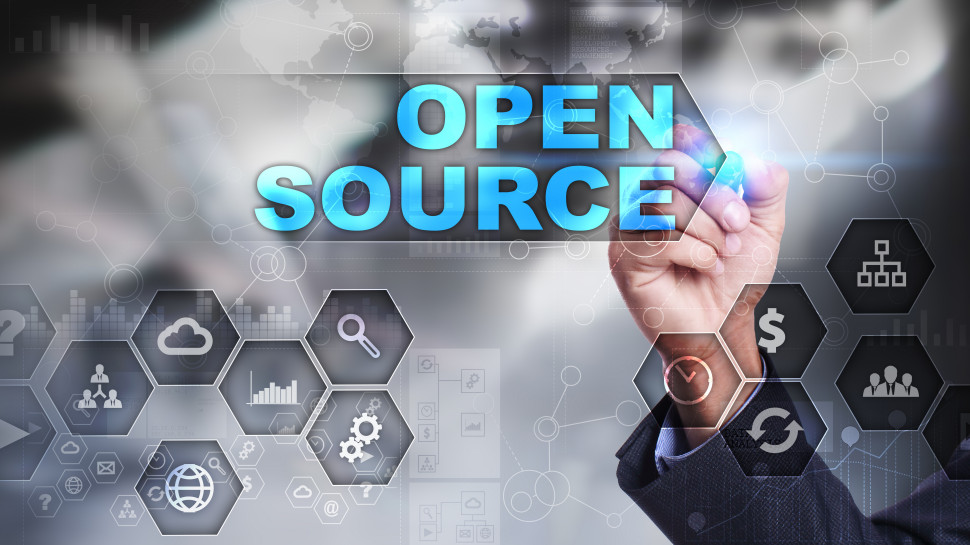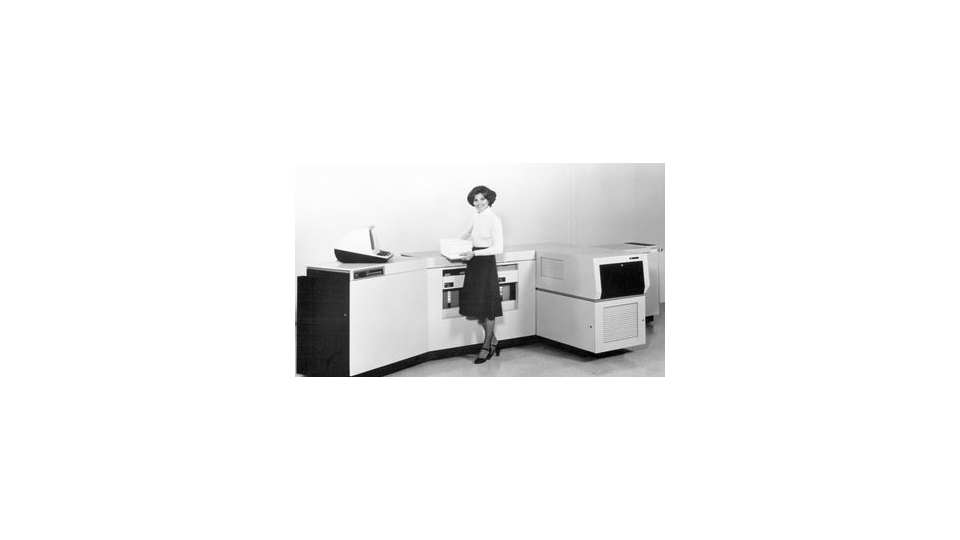When you purchase through links on our site, we may earn an affiliate commission.Heres how it works.
In 1940 British Prime Minister Winston Churchill delivered a rousing wartime speech.
Open source is everywhere.

This is due to the guiding principles of open source, which foster sharing knowledge and collaborating on code.
This hasn’t always been the case.
But we did it more than most."

The introduction of the Copyright Act changed the tech landscape for the worse.
By the early Eighties the PDP-10 (and therefore all programs associated with it) had become obsolete.
This was much more convenient, given that in those days printers could take up an entire floor.

With a free operating system, we could again have a community of cooperating hackersand invite anyone to join.
This recursive acronym stands for “GNU is Not Unix”.
Crucially, this prevents bad actors from simply turning open source code into closed, proprietary software.

The GPL license also does not deprive developers from making money from open source programs.
However, they had considerably less success with Stallman’s original goal of creating a fully fledged operating system.
The goal to produce this remained elusive.
Today over 30 years later, Hurd remains nominally in active development.
Fortunately in 1991, Finnish Computer Science student Linus Torvalds used GNU development tools to develop a Unix-compatible kernel.
Between releases the code was restricted to an exclusive group of software developers.
Of the top 25 websites in the world, only 2 don’t use its server software.
96.3 percent of the top ne million web servers are running Linux.
Much of the internet’s infrastructure also runs on Linux-based switch operating systems.
Organizations like the FSF actively recruit members and funding to further the expansion of open source projects.
The Linux Foundation pays Linus Torvalds to work on the Linux kernel full time.
But this isnt quite the fairy tale ending open source fans might have hoped for.
Some of this met with great success.
Raymond released new versions early and often.
But there’s a far older expression: too many cooks can spoil the broth.
This can even be true for debugging code.
The user in question simply wanted to remove what they saw as a redundant error alert.
However, in so doing he unknowingly crippled OpenSSL’s pseudo-random number generator.
The implications of this were very serious.
In 2008 the vulnerability was reported by Software Engineer Luciano Bello.
The Debian community was quick to patch it but this sparked questions in the open source community.
How had their “many eyes” failed to make this bug shallow?
Once the changes were accepted, how the hell had it taken almost two years to spot the vulnerability?
Still, there are some exceptions to this rule.
Today it’s primarily maintained by Marc Adler.
SQLite is an open source database engine and is embedded into apps every day by developers.
It can be found in every major operating system, as well as all iOS and Android devices.
Most televisions and set-top boxes also use some implementation of SQLite.
GnuPG can not only be used to encrypt files but also generates verifiable digital signatures.
It can also be used to generate secure SSH keys to allow admins to securely connect to servers.
This makes GnuPG vital to the secure running of critical infrastructure like websites.
Like zlib and SQLite, FFmpeg is likely something you use every day without knowing it.
It’s also deployed on popular websites likeYouTubeand handles all audio/video playback in the popular Chrome net web surfer.
There’s also no way for more senior coders to force their will on others.
Naturally these problems are moot when a programmer is maintaining open source code single handedly.
When one programmer falls, others can pick up the cudgels and continue development.
Still, the impetus for many popular open source projects seems to be driven by the individual.
Often this work is incidental to their real jobs.